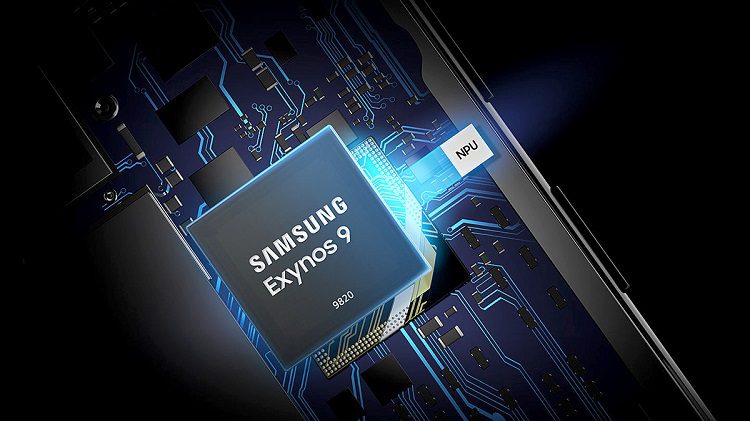Samsung Galaxy has announced a breakthrough that can dramatically improve performance and (more importantly) the battery life of the mainstay of the future. The Seoul-based company announced the update of its mobile processor at the Samsung Foundry Forum 2019 in Santa Clara, California.
In short, Samsung will provide basic electronic elements in a footprint that is far smaller than 3 nanometers to fundamentally change the speed to increase by 35% while consuming 50% less energy. Energy savings and productivity gains are generated from a 45% reduction in chip size.
In its current form, the latest generation of silicon mobile uses a 7-nanometer process, including the Qualcomm Snapdragon 855, 980 and the Kirin Apple A12 Bionic, each of which supplies the Galaxy S10 plus Huawei P30 Pro and iPhone XS Max.
Must Read: Sony and Microsoft jointly develop “Game Streaming Services and Content”
According to Handel Jones, CEO of consulting firm International Business Strategies, Samsung faces rival chip makers when it comes to new processes, known as Tor All Around or GAA.
“Samsung is in GAA with maybe 12 months faster than TSMC, Intel may be two or three years behind Samsung,” Jones told Cnet.
The first 3-nanometer-to-chip system used in smartphones, tablets and other mobile devices will be tested in 2020. Series production will begin in 2021. GPU and AI chips used in data centers must arrive in 2022
That said, we are likely to prepare this battery-powered chipset in time for the Samsung Galaxy S12, which will be released in February 2021, provided the South Korean company adheres to its typical schedule.
If Huawei, Qualcomm and Apple fail to catch up, the next generation of Samsung Galaxy S will offer an increase in battery life. This allows Samsung to dramatically reduce the thickness of the device – providing the same battery life as the Galaxy S10 with fewer phones.
This can play a big role in folding folders such as the Samsung Galaxy Fold, which is less thick and more than the basic offer. Of course, Samsung can decide to keep the thickness of their cellphones identical to the current model – to avoid attacks from cameras and the like – and only increase 50% of battery life. Source



